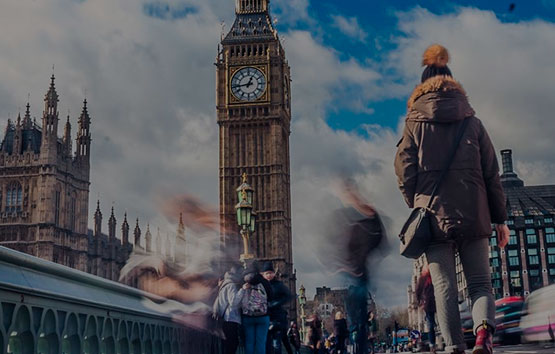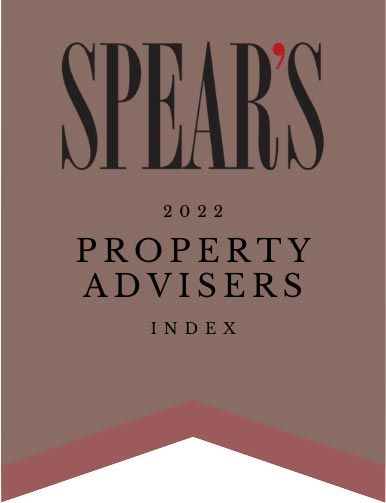Today’s drastic slash in interest rates is the move that the industry has been waiting for and the Monetary Policy Committee has held out on delivering. Through Brexit and a General Election, the Bank of England was able to hold firm on interest rates, knowing that, at 0.75% there wasn’t a huge way for them to drop before they hit zero.
In light of today’s announcement, the question now must be asked – what happens if interest rates hit zero and below? largemortgageloans.com Founder and CEO, Paul Welch offers his thoughts:
Have we been in negative territory before?
In real terms, UK interest rates have been in negative territory (i.e. adjusted for inflation) since 2009. Countries such as Japan, Denmark, Sweden and Switzerland have negative interest rates, as well as the European Central Bank, so it’s certainly not uncommon.
Who benefits from negative interest rates?
Obviously in a scenario like this, the idea is that borrowers benefit the most. In simple terms, the rate cut should reduce lending costs, meaning people have more money in their pockets to spend on goods and services, which has an overall affect in improving the economy. In the case of Coronavirus, this is exactly the impact the MPC is looking to achieve to save the economy from collapse. We are in unchartered territory and this move is meant to minimise the impact of a threat, the scale of which we cannot fully gauge yet.
What impact would negative interest rates have on borrowers?
Negative interest rates would potentially mean wider access to borrowing, leading to it truly becoming a property buyers’ market. Overseas cash buyers have long seen London real estate as a strong investment due to the readjustment in asset values and weak pound. This reduction in interest rates – and any further reduction – will likely only fuel overseas investment further.
When will we see lower mortgage rates?
Those who are looking to take a new mortgage product, whether to purchase a property, refinance to another provider or swap their rate with their current provider, will no doubt be wondering if they can get a better deal now. However, we may not see mortgage rates fall just yet. Why? Because banks buy their money in large tranches, so they will need to work their way through their existing funds before we will start to see rate decreases feeding through to retail mortgage rates.
Mortgage rates are driven by interbank swap rates rather than interest rates, and these are more of an indicator of what the market thinks will happen over the relevant period e.g. 2, 5 or 10 years. Therefore, if markets think that the cut is short term and rates are likely to start creeping back up after, say, 6 months, we may not see much movement on the swap rates and correspondingly little movement on mortgage rates.
What’s your advice for borrowers?
Take advice on your best possible options. If we do start to see fixed mortgage rates come down, consider taking advantage of this cut to switch or remortgage to the best rate you can get.




















